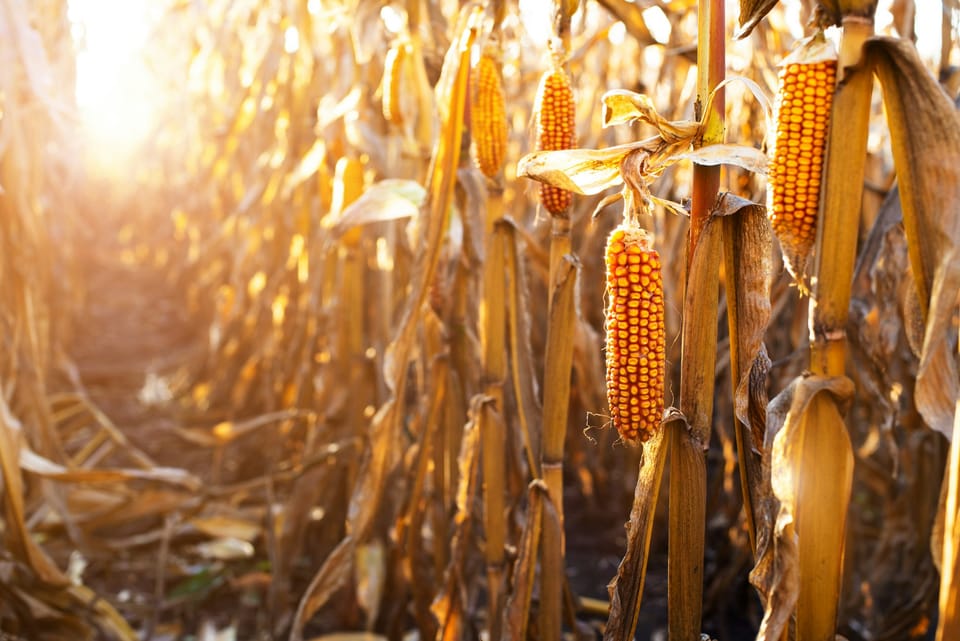CIMMYT urges for direct agricultural investment to tackle Sudan’s food crisis

CIMMYT's Call to Action
The International Maize and Wheat Improvement Center (CIMMYT) has recently called for a dedicated surge in direct agricultural investment to address the intensifying food crisis in Sudan. With the nation grappling with severe food insecurity, exacerbated by political instability and climatic challenges, CIMMYT's urgent plea highlights the pressing need for transformative strategies that can sustainably bolster the country’s food production capabilities.
The Current Situation in Sudan
Sudan, a country with a rich agricultural heritage, is facing a debilitating food crisis that has left millions of its citizens in a state of hunger and malnutrition. Several factors have contributed to this dire situation:
- Climate change: Increasing temperatures and erratic rainfall patterns have disrupted traditional farming cycles.
- Political instability: Ongoing conflicts and governance issues have hampered agricultural development and support.
- Economic challenges: Hyperinflation and currency devaluation have made food imports prohibitively expensive.
- Lack of infrastructure: Poor transportation and irrigation infrastructure reduce agricultural productivity and access to markets.
Addressing the Crisis Through Direct Investment
CIMMYT advocates for direct and substantial investment in Sudan's agricultural sector as a means to remedy the food crisis. Here are the key elements that support this approach:
- Developing Advanced Agricultural Technologies: Investment in research and development can lead to the creation of drought-resistant crop varieties and innovative farming practices that are more resilient to climate change.
- Improving Infrastructure: Enhancing irrigation systems, storage facilities, and transportation networks can significantly boost agricultural output and market access.
- Capacity Building: Training farmers on modern agricultural techniques and management skills can increase productivity and sustainability.
- Strengthening Institutions: Investing in local agricultural institutions ensures better policy formulation, implementation, and support for farmers.
- Creating Market Linkages: Establishing strong market connections can help farmers sell their produce efficiently and profitably, thus supporting their livelihoods.
Positive Outcomes of Direct Agricultural Investments
Direct investment in agriculture can yield significant benefits for Sudan, including:
- Enhanced Food Security: Consistent and improved agricultural productivity can reduce hunger and ensure a stable food supply.
- Economic Growth: As agriculture forms a substantial part of the economy, boosting this sector can lead to overall economic development and poverty reduction.
- Social Stability: Efficient agricultural practices can reduce conflict over resources and create more stable communities.
- Environmental Sustainability: Utilizing sustainable farming practices ensures the conservation of natural resources for future generations.
Takeaways
Sudan's food crisis is a multi-faceted challenge that requires a coordinated and multifaceted response. While the problems are profound, they are not insurmountable. CIMMYT's call for direct agricultural investment underscores the importance of dedicated resources to foster innovation, infrastructure, and market development.
- The food crisis in Sudan demands urgent direct agricultural investment.
- Climate change, political instability, and economic hardships exacerbate the problem.
- Investments in technology, infrastructure, capacity building, and market access are key to sustainable solutions.
- Improving agriculture in Sudan can lead to food security, economic growth, social stability, and environmental sustainability.
Here's a thought to consider
The road to recovery for Sudan is intricate but doable. By prioritizing agricultural investments, stakeholders can help build a more resilient, productive, and self-sufficient Sudan, alleviating hunger and setting a foundation for long-term prosperity.
Looking for updates? Sign up to our newsletter for weekly snippets.


